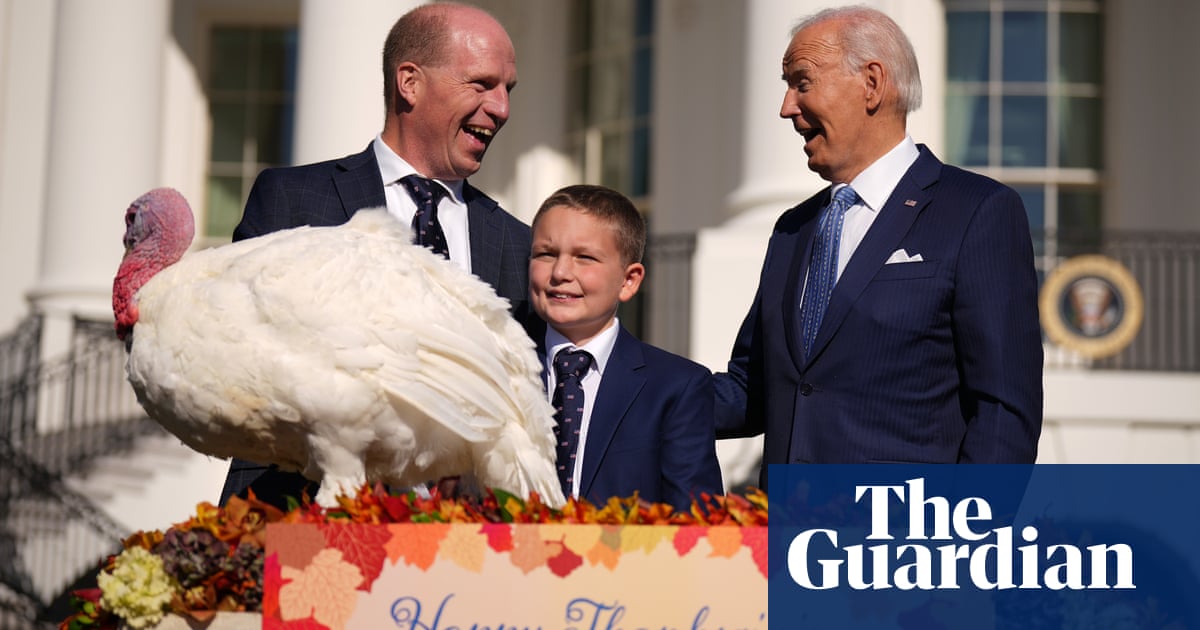Fashion
Why Fashion’s New Leading Man Looks So Familiar

Call it Glenergy, or call it the Glenaissance — and yes, people are calling it that.
After two decades as a journeyman actor, Glen Powell has gone on a leading man run rarely seen in today’s niche entertainment-sphere. After starring in the rom-com hit “Anyone But You,” action flick “Hitman,” and now, “Twisters,” he’s frequently discussed on social media and in the press in the same breath as Gosling, Cruise, Clooney, Pitt, Smith and other four-quadrant stars.
Similar hype is being applied to his potential as fashion’s next leading man, as well. W, GQ, Vogue, Men’s Health and other publications regularly praise his daily uniform of jeans, button downs, suede jackets and Chelsea boots alongside his red carpet repertoire — classic suiting from Brioni, Gucci and Tom Ford.
Fashion loves a new face. What makes Powell’s rapid ascent so interesting is that he isn’t, particularly: with his flowing hair, jawline and traditional wardrobe, the actor represents a clean break from risk-takers like Jacob Elordi, Timothee Chalamet, Donald Glover, Colman Domingo, Pedro Pascal and Austin Butler who have dominated red carpet coverage and menswear blogs over much of the last decade.
In doing so, Powell is almost designed in a lab to serve the needs of a fashion industry that is looking to get attention by investing in the Hollywood promotion machine. Powell’s rise cracks open the question of what makes a compelling men’s ambassador — and for whom. With back-to-back blockbusters, he’s becoming a movie star for the masses, meaning, a style muse that combines the smiling, marketable appeal of yesterday’s leading men with an attention-grabbing novelty has come to the fore.
“It’s really hard to penetrate the culture across various segments of society these days,” said Doug Shabelman, chief executive of Burns Entertainment, which matches talent with brands. “You could see [Powell] doing an ad for pretty much everybody.”
Fashion’s Favourite Front Men
Over the past decade, interest in dressing Hollywood’s leading men has grown, said Ilaria Urbinati, a stylist, who has worked with Ryan Gosling, Ryan Reynolds, Tom Hiddleston and Donald Glover.
“The men’s red carpet has changed, I don’t think anyone used to care what men wore, now everybody cares,” she said.
That’s helped give rise to the “leading man” trope in mainstream menswear coverage, said James Harris, co-host of menswear podcast Throwing Fits. The cycle goes: “Guy gets popular and he’s forced on us as the latest stylish, fashionable man, when he’s just good looking and shows up not looking like a total mess,” said Harris.
Often, the leading men who popped did so by pushing the boundaries of menswear.
In January, Calvin Klein created what’s likely to be one of this year’s biggest marketing moments with Jeremy Allen White. Prior to appearing in his underwear for a global campaign, he was already an under-the-radar style icon: denizens of menswear forums obsessed with tracking down the exact white Merz B. Schwanen T-shirt he wore in “The Bear.” His sharp but safe suits were applauded at award shows and his off-duty, workwear-inspired fits became a fixation.
If White’s blockbuster success speaks to the power of picking an unexpected face at the right time, Powell’s appeal is in his obviousness. He’s the man of the moment, but, like White with his T-shirts, comes off as relatable. He’s “someone guys are like ‘I could get a beer with him,’” said Urbinati.
Fashion brands have been quick to pick up on the source of Powell’s appeal.
“Other fashionable men have maybe felt a little bit intimidating to the average guy,” said Robyn Wedgeworth, director of public relations and partnerships at Austin-based boot brand Tecovas. “What is unique about Powell is he appeals to a lot of different audiences.”
Powell was already on Tecovas’ merchandising team’s moodboard before he started wearing the brand during his “Hit Man” and “Twisters” promotion this year. In July, Powell went viral chugging beer on stage in a logoed Tecovas hat at a Luke Combs concert with his co-stars; that weekend, Tecovas sold over double the amount of those hats compared to the previous week.
Wedgeworth sees Powell as someone capable of helping make Western wear — a cowboy boot instead of sneakers with jeans, for example — accessible for a wider audience. The star has also fronted a campaign for Brioni.
“He’s giving people permission if they were wondering, ‘can I pull this off?’” said Wedgeworth.
The Rinse-and-Repeat Leading Man Cycle
The question menswear enthusiasts are grappling with now is how the embrace of fashion by mainstream movie stars (and vice versa) is influencing the conversation around style. Obsession over White and Powell’s basic jeans-and-tees combos risk turning fashion into a series of style hacks, rather than a matter of individual taste, at least for a certain set of shoppers.
“There’s a fallacy of projection, like ‘if I just get this gear I’ll look like these guys and by extension girls will talk to me at the bar,’” said Lawrence Schlossman, Harris’ Throwing Fits co-host.
For example, once Hollywood leading men — including Chris Evans, Simu Liu, Ryan Gosling and Michael B. Jordan — started wearing knit polos in 2022, the classic look was quickly posed as a modern style signifier that is inescapable in the marketplace, said Harris.
That’s exactly what makes leading men so powerful, said Urbinati. Replication is how a large swath of men consume fashion, and the impact is immediate.
“Men are more likely to look at Ryan Reynolds and go ‘Ok that looks like something I can wear, it looks cool on him, it’s very approachable I want that’” said Urbinati. “And they’ll go buy that exact look, head-to-toe.”
Urbinati said Reynolds and Dwayne “The Rock” Johnson, another one of her clients, move merchandise surprisingly quickly. More fashion-forward figures like Elordi, Chalamet and Glover make menswear more exciting, but don’t necessarily translate to the average consumer: “Most guys will think ‘he looks good but I couldn’t do that,’” said Ubranati.
The appeal in figures like Powell is the ability to reach a broad base. While not necessarily groundbreaking, those types of dressers have the potential to open up fashion for new audiences.
“Glen Powell has a style formula and everybody can copy it … If that gets a younger guy into fashion, developing their own personal style and flexing a curiosity muscle, that’s a good thing ultimately,” said Harris.









